Woman Thought Baby's Facial Feature Was Trait from Dad, Then Realizes It's Symptom of Childhood Dementia (Exclusive)
A TikTok video and a trip to the pediatrician ultimately led to Lydia Rachal's diagnosis with the rare Sanfilippo syndrome
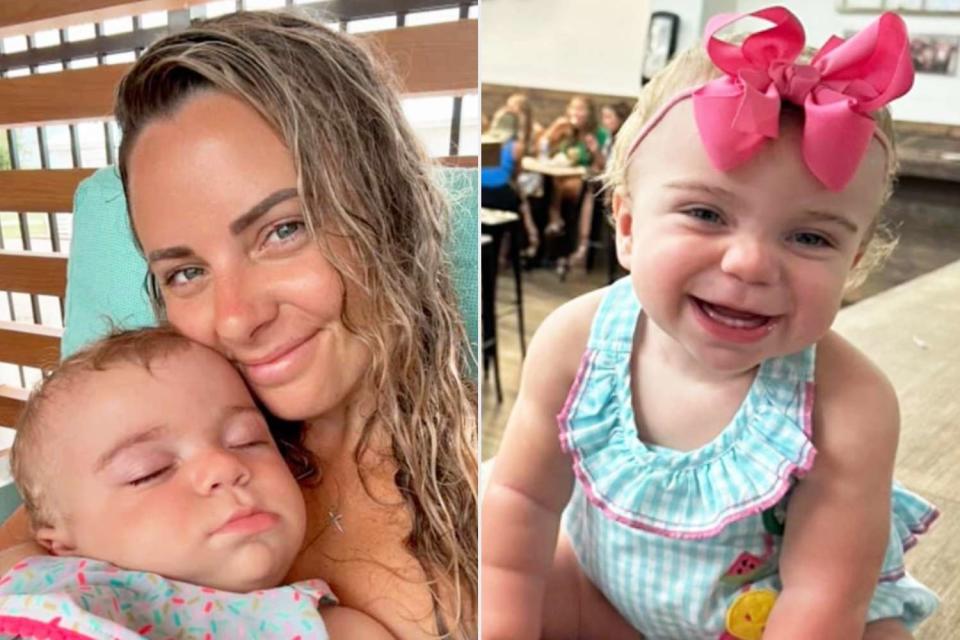
HopeforLydia/TikTok
Lydia Marie with her momA Louisiana mom of two helped uncover her daughter's diagnosis with a serious brain and nervous system disorder after seeing a TikTok video.
Now, she's taking to social media to help other moms spot the signs.
Morgan Rachal says that her 18-month-old daughter, Lydia, had a few health issues typical of a baby — including gastrointestinal issues and trouble sleeping — along with prominent eyebrows, which she thought were just a genetic trait from her dad.
"Everyone always said, 'She looks just like her daddy,' " Rachal says in a video posted to TikTok, as photos of her daughter's prominent eyebrows are shown.
Never miss a story — sign up for PEOPLE's free daily newsletter to stay up-to-date on the best of what PEOPLE has to offer, from juicy celebrity news to compelling human interest stories.
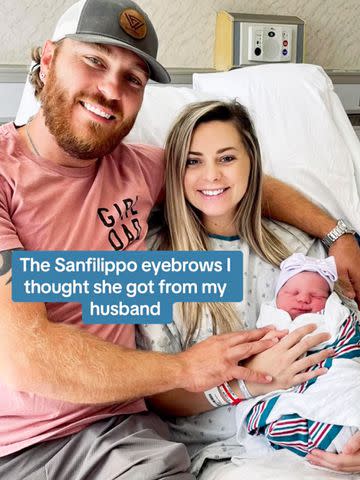
HopeforLydia/TikTok
Rachal and baby LydiaBut in March, Rachal's mom sent her a TikTok video of a little girl who had been diagnosed with Sanfilippo syndrome, a serious brain and nervous system disorder that causes childhood dementia.
"I looked at it and I just saw Lydia's face in this child," Rachal tells PEOPLE. "I had never thought anything was wrong with her before — she met all her milestones. She has had frequent ear infections, constipation issues and she has sleep disturbances. But those are all common things with babies."
But the video made her think twice so, she took Lydia to her pediatrician just one week later and showed him the TikTok, inquiring about how to get genetic testing done to rule out Sanfilippo.
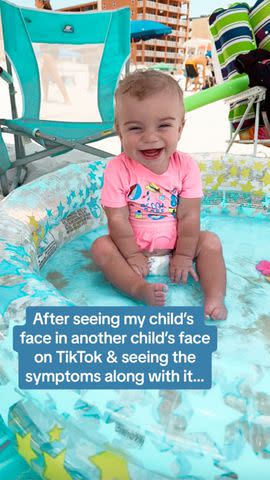
HopeforLydia/TikTok
Lydia"He said he had never seen anyone with it, and had never even been asked about it," Rachal, who also has a 4-year-old daughter named Heidi, tells PEOPLE.
After the doctor did some research, he said he didn't feel confident enough to rule it out, sending Rachal, her husband and Lydia to another hospital for blood and urine testing.
Following a series of tests and a "week of nerves," Lydia was diagnosed with Sanfilippo.
Since then, Rachal says the family has been referred to a New Orleans-based genetics specialist, who told the family they caught the disorder early enough that it hadn't yet caused brain damage.
"They told us it hasn't affected her brain yet," Rachal says. "It usually doesn't start affecting them until age 3 or 4 — that's when children with Sanfilippo start to regress."
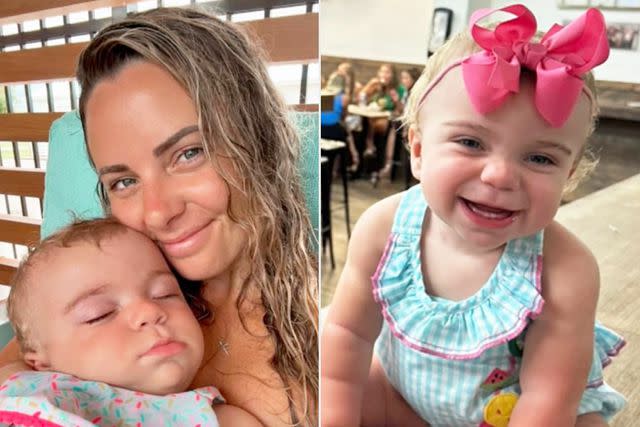
HopeforLydia/TikTok
Still, Lydia's prognosis remains unclear. As Rachal explains, the toddler has Type B Sanfilippo: "it means she is missing an enzyme, which makes it harder for her body to break down certain sugars."
There is currently no cure and treatment options are limited, but include clinical trials for enzyme replacement and gene therapy.
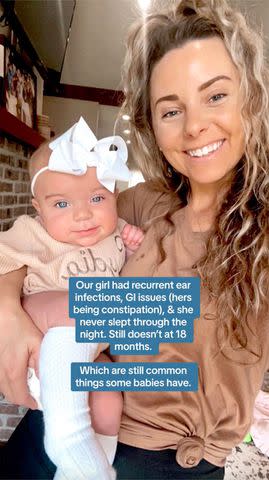
HopeforLydia/TikTok
Lydia and Morgan Rachal"Those treatments could ultimately slow down the regression and prolong her life," Rachal says.
Now, Rachal finds herself in "a limbo period," active in fundraisers to allow Lydia to participate in future clinical trials if she is approved, and trying to raise awareness about Sanfilippo on social media.
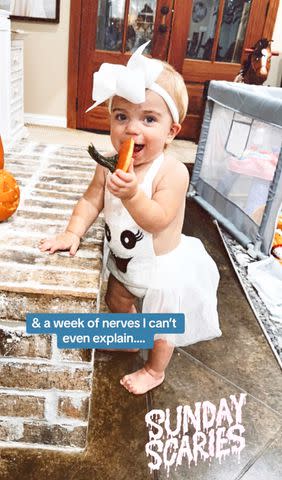
HopeforLydia/TikTok
Lydia Rachal"It's so rare that a lot of moms have told me their child was first diagnosed with autism because that's how it presents," Rachal says. "I hope that by sharing our story, we can bring awareness and ultimately that will lead to more research of the disorder."
She continues: "I'm glad my mom didn't wait to send me that video. If someone reaches out to you with concerns about your child, it's because they love you ... Though it is a scary journey, I am glad my mom sent me that TikTok. I was able to advocate for my daughter and get the early diagnosis."
For more People news, make sure to sign up for our newsletter!
Read the original article on People.


